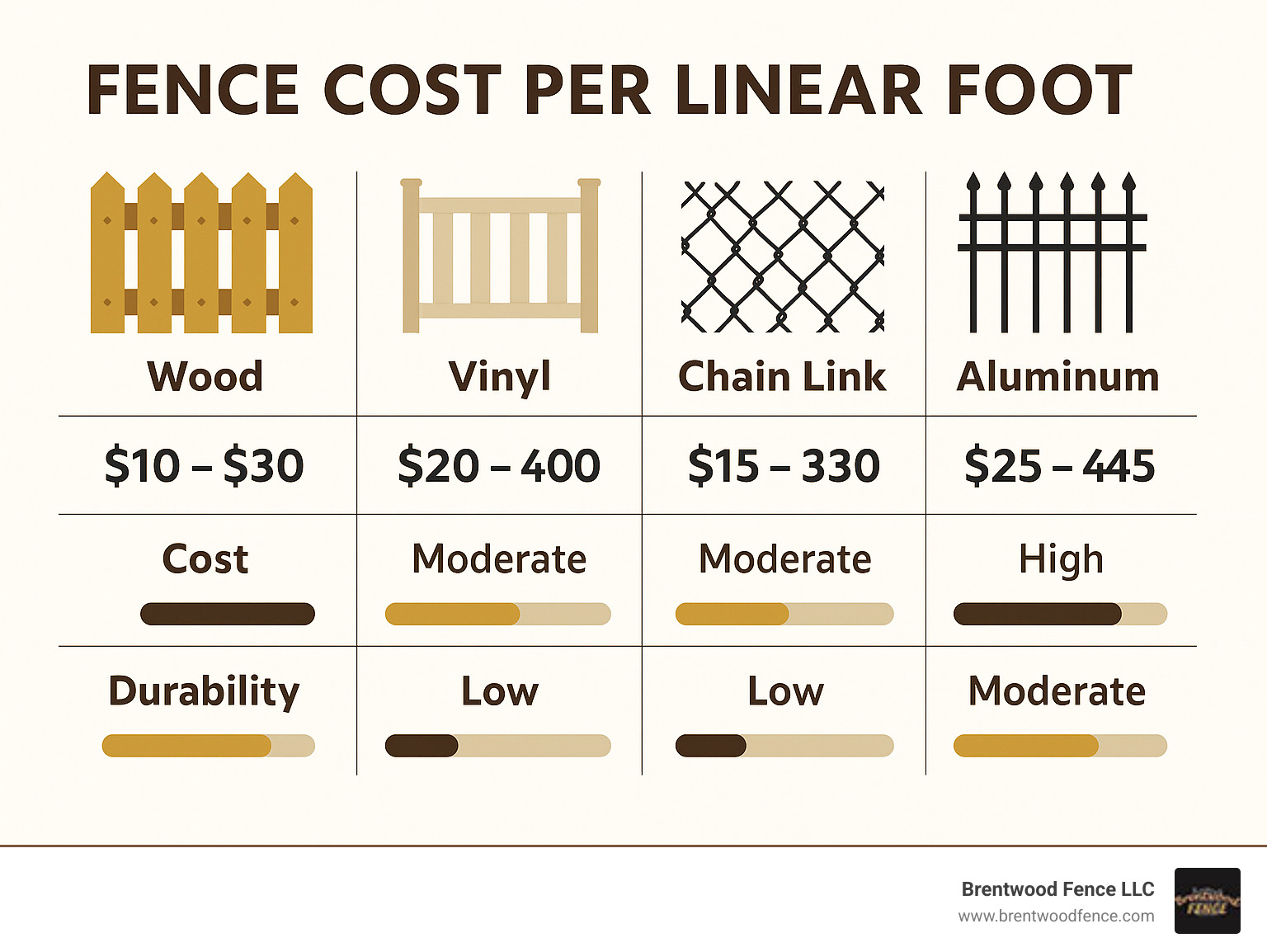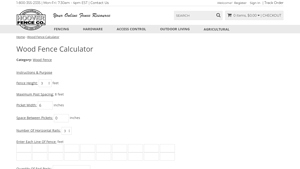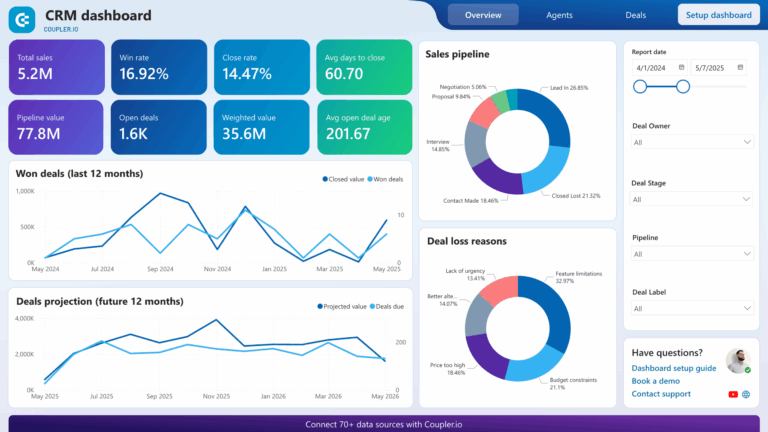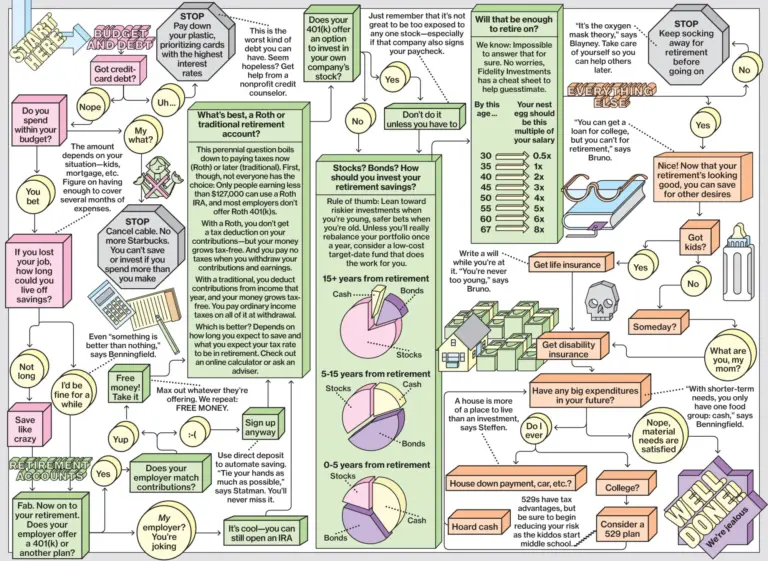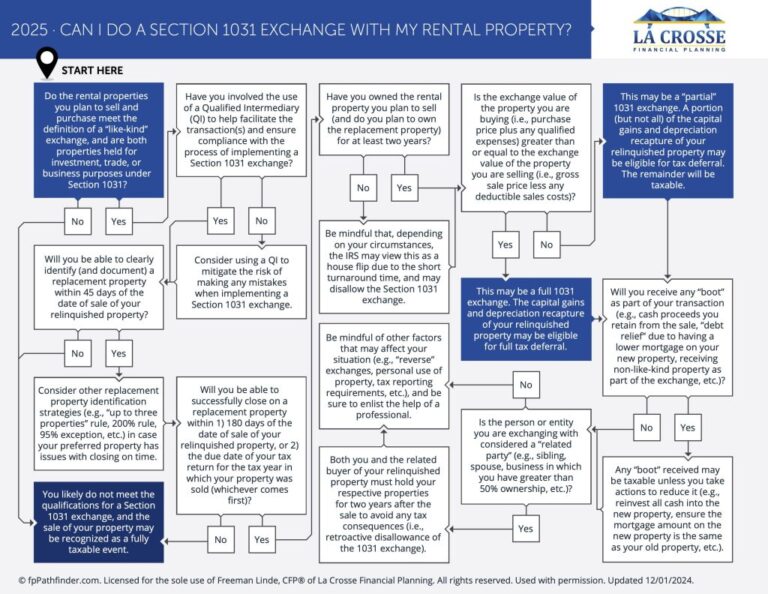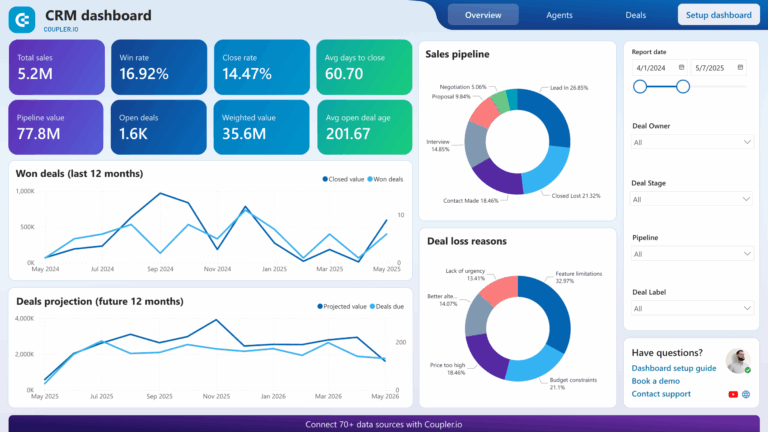Free Fence Calculators: Our Top 5 Picks for 2025
Finding the Best Fence Calculator: An Introduction
When planning to install a fence, one of the most crucial steps is accurately estimating the materials needed. However, finding a reliable fence calculator can be challenging. With numerous options available online, it’s easy to feel overwhelmed by the choices and unsure of which tool will provide the most accurate and helpful results. This article aims to simplify that process by reviewing and ranking the top fence calculators currently available.
The Importance of a Good Fence Calculator
A good fence calculator can save you time and money by providing precise estimates of the materials required for your fencing project. Whether you’re building a wooden privacy fence, a decorative picket fence, or a sturdy chain-link fence, having the right measurements and material quantities is essential to avoid unnecessary waste and ensure a successful installation.
Our Goal
The goal of this article is to guide you in selecting the best online fence calculator tailored to your specific needs. We understand that each project is unique, and the right calculator should cater to various fence types, heights, and materials.
Criteria for Ranking
To help you make an informed decision, we evaluated each calculator based on several key criteria:
- Accuracy: We assessed how well each calculator estimates the necessary materials, ensuring that the results align with standard building practices.
- Ease of Use: The user interface and overall experience were analyzed to determine how intuitive and straightforward each tool is.
- Features: Additional functionalities, such as cost estimates, customization options, and guidance on different fence styles, were taken into account.
By the end of this article, you’ll have a clear understanding of the best fence calculators available, allowing you to choose the one that best fits your project requirements.
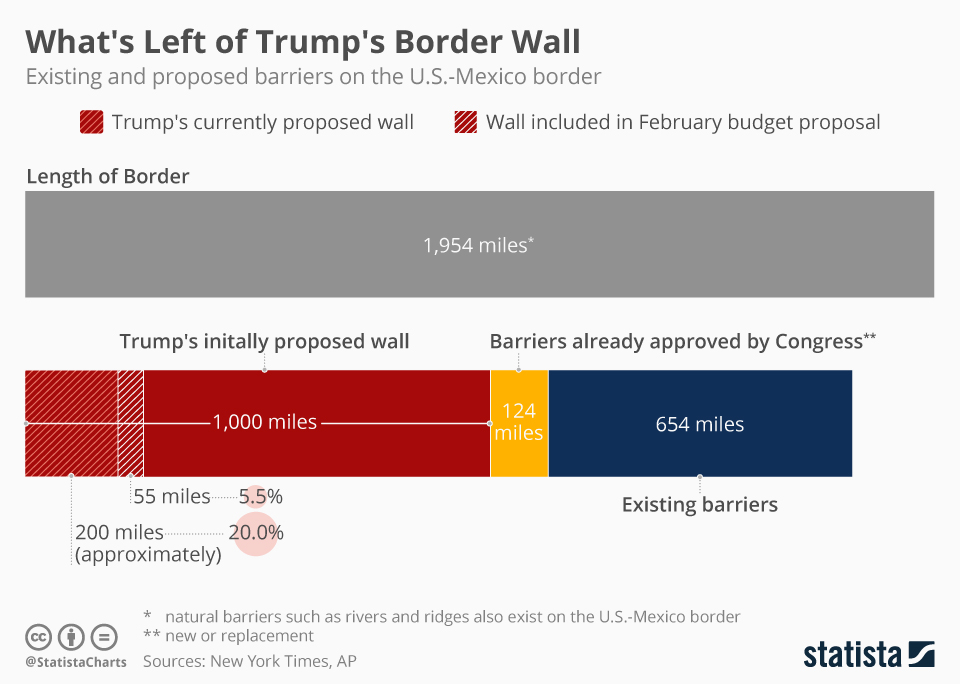
Our Criteria: How We Selected the Top Tools
How We Selected the Top Fence Calculators
When evaluating the best online fence calculators, we utilized a comprehensive set of criteria to ensure that our recommendations meet the needs of a general audience looking for reliable and effective tools. Here are the key factors that influenced our selection:
-
Accuracy and Reliability
– A good fence calculator must provide precise measurements and estimates. We assessed each tool’s ability to generate accurate results based on the user inputs, including fence length, height, and material types. Reliable calculators should also account for variables like post spacing and gate sizes to ensure comprehensive estimates. -
Ease of Use
– User-friendliness is crucial for a successful online tool. We looked for calculators with intuitive interfaces that allow users to input data easily without confusion. Tools that offer clear instructions and simple navigation received higher ratings, as they cater to users of all experience levels, from DIY beginners to seasoned professionals. -
Key Features
– Effective fence calculators should include essential features to help users estimate materials accurately. We evaluated tools based on the following specific inputs:- Fence Length: The total distance to be fenced.
- Post Spacing: Options for spacing between fence posts.
- Picket Width and Spacing: The dimensions and spacing of the vertical boards.
- Number of Rails: The quantity of horizontal rails required based on fence height.
- Gate Dimensions: Inputs for single and double gates, including widths.
- Additional features, such as cost estimations for different materials (e.g., treated wood, cedar, redwood), were also considered beneficial.
-
Cost (Free vs. Paid)
– We analyzed whether the calculators were free to use or required payment. Free tools that provide sufficient functionality were prioritized, but we also considered paid options if they offered substantial value through advanced features or detailed reports. Transparency regarding any costs associated with the tool is crucial for users to make informed decisions. -
Additional Resources and Support
– We favored calculators that provided supplementary information, such as how-to guides, tips for estimating materials, and FAQs. Access to customer support or community forums can also enhance the user experience, allowing individuals to seek assistance if they encounter difficulties. -
User Reviews and Feedback
– Finally, we took into account user reviews and testimonials to gauge the overall satisfaction and effectiveness of each calculator. Tools that consistently received positive feedback for their functionality and ease of use were given preference in our rankings.
By applying these criteria, we ensured that our selected fence calculators not only meet the basic requirements but also provide valuable resources for users looking to undertake fencing projects successfully.
The Best Fence Calculators of 2025
2. Wood Fence Calculator
The Wood Fence Calculator from Hoover Fence is a user-friendly tool designed to assist homeowners and contractors in estimating the necessary materials for building a wooden fence. By entering specific fence measurements, users can quickly calculate the quantities of posts, rails, and pickets needed for their project. This calculator streamlines the planning process, ensuring accurate material procurement and helping to avoid waste and over-purchasing.
- Website: hooverfence.com
- Established: Approx. 29 years (domain registered in 1996)
3. Estimate Wood Fencing
The “Estimate Wood Fencing” tool from Inch Calculator is designed to help users accurately determine the amount of lumber, hardware, and materials required for building a fence. By simply entering the desired fence length, users receive a comprehensive parts list along with a cost estimate, making it easier to plan and budget for their fencing projects efficiently. This user-friendly calculator is an invaluable resource for DIY enthusiasts and professionals alike.
- Website: inchcalculator.com
- Established: Approx. 12 years (domain registered in 2013)
4. Fence Calculator
The Fence Calculator from Omni Calculator is a practical tool designed to help users estimate the materials required for DIY fence construction. By inputting key parameters such as the fence’s dimensions and layout, the calculator provides accurate calculations of necessary supplies, ensuring users can plan effectively and avoid overspending. Its user-friendly interface makes it accessible for both novice and experienced DIY enthusiasts.
- Website: omnicalculator.com
- Established: Approx. 11 years (domain registered in 2014)
5. Online resources for estimating new fence costs : r/DIY
The Reddit discussion on estimating new fence costs emphasizes a straightforward approach, suggesting that users can simply measure their space with a tape measure and conduct basic calculations without the need for specialized online calculators. This method highlights the simplicity of determining fence costs through direct measurement and online shopping, making it accessible for DIY enthusiasts who prefer a hands-on approach to budgeting their fencing projects.
- Website: reddit.com
- Established: Approx. 20 years (domain registered in 2005)
How to Get the Most Accurate Results
Double-Check Your Inputs
One of the most crucial steps in using an online fence calculator is to ensure that all your inputs are accurate. Before finalizing your calculations, review each entry for potential errors. This includes verifying measurements such as fence length, height, spacing between posts, and the dimensions of pickets and rails. Even a small mistake in these figures can lead to significant discrepancies in the material estimates, potentially resulting in excess costs or insufficient materials for your project.
Understand the Underlying Assumptions
Each fence calculator operates under specific assumptions regarding standard practices in fencing. For instance, many calculators assume a maximum post spacing of 8 feet, which is common for wood fences. If your project requires different spacing due to design considerations or local building codes, make sure to adjust these settings accordingly. Familiarize yourself with the common practices and materials related to fencing to understand how they influence the calculations. This knowledge will help you make informed adjustments for your unique situation.
Use Multiple Tools for Comparison
Not all fence calculators are created equal. Different tools may use varying algorithms, assumptions, or data sources, which can lead to different material estimates. To ensure you are getting the most accurate and reasonable results, consider using multiple calculators. Compare the estimates they provide and look for commonalities. If one tool suggests a significantly higher or lower amount of materials, it might be worth investigating why. This cross-referencing can help you identify any outliers and arrive at a more reliable estimate.
Account for Waste and Overages
When planning a fencing project, it’s wise to factor in additional materials for waste and mistakes. Even with accurate calculations, it’s common to miscut or damage a few boards during installation. A good rule of thumb is to add an extra 10-15% to your total material estimate to account for these unforeseen circumstances. This ensures you have enough materials on hand without needing to make last-minute trips to the store.
Consult with Professionals
If you’re uncertain about any aspect of your fencing project, don’t hesitate to seek advice from professionals. Local contractors or fencing suppliers can provide valuable insights based on their experience and expertise. They may also help you understand local building codes and regulations that could impact your project. Consulting with experts not only helps confirm your calculations but can also save you time and money in the long run.
Review Material Costs
While many calculators provide estimates on materials needed, they may not include the costs associated with those materials. Be sure to research the current prices of fencing materials in your area. Some calculators may allow you to select different types of wood or materials, which can affect the overall cost. By combining your material estimates with local pricing, you can create a more comprehensive budget for your fencing project.
Frequently Asked Questions (FAQs)
1. What is a fence calculator and how does it work?
A fence calculator is an online tool designed to help you estimate the materials needed for building a fence. By inputting specific measurements such as the total length of the fence, height, post spacing, and picket dimensions, the calculator can provide estimates for the number of posts, rails, pickets, and even hardware required for your project. This simplifies the planning process and helps ensure you purchase the correct amount of materials.
2. Why should I use a fence calculator?
Using a fence calculator can save you time and money by providing accurate estimates for your fencing project. It helps prevent over-purchasing or under-purchasing materials, which can lead to wasted resources or delays in your project. Additionally, many calculators offer cost estimates based on your chosen materials, allowing you to budget effectively.
3. What measurements do I need to provide to use a fence calculator?
To effectively use a fence calculator, you typically need to input several key measurements:
– Total Length of the Fence: The distance you want to enclose.
– Height of the Fence: Standard heights are often available, but you can specify custom heights.
– Post Spacing: The distance between each post, commonly set at 6 to 8 feet.
– Picket Dimensions: Width and spacing between pickets, which can affect the overall look and privacy of the fence.
– Number of Rails: Depending on the height and style of the fence, this can vary.
4. Can a fence calculator help with different types of fences?
Yes, most fence calculators are versatile and can accommodate various types of fences, including wood, vinyl, and metal. They often allow you to select different styles and materials, providing tailored estimates based on the specifics of your chosen fence type. Whether you are building a privacy fence, picket fence, or a more complex design, a good calculator will guide you through the necessary inputs.
5. Are the estimates provided by a fence calculator always accurate?
While fence calculators provide valuable estimates, the results should be considered as approximations. Several factors can influence the final material needs, such as terrain, the exact style of the fence, and installation practices. It’s advisable to consult with a fencing professional or conduct a detailed measurement of your site to ensure the estimates align with your specific project requirements. Always factor in some extra materials to account for mistakes or adjustments during installation.
Important Disclaimer
⚠️ Important Disclaimer
The information and reviews in this guide are for educational purposes only and are based on publicly available information. We are not affiliated with any of the tools mentioned. Features and pricing may change. Always conduct your own research before choosing a tool for your needs.
